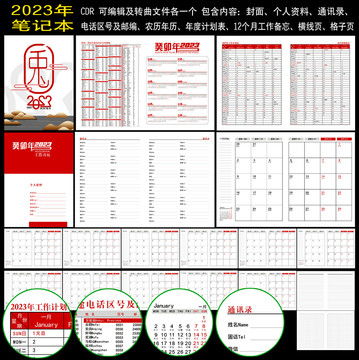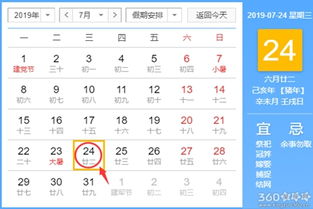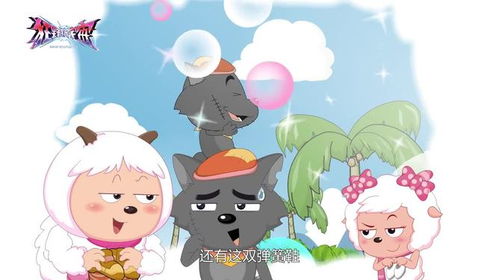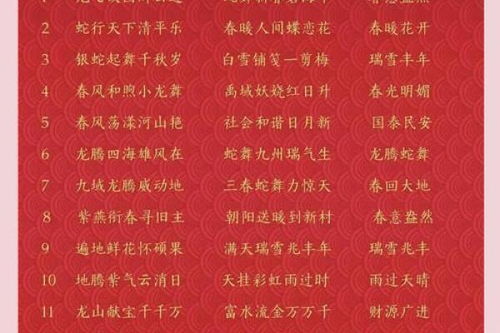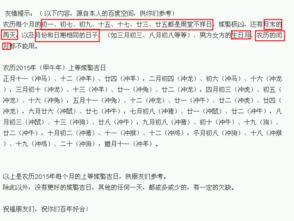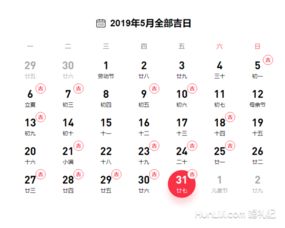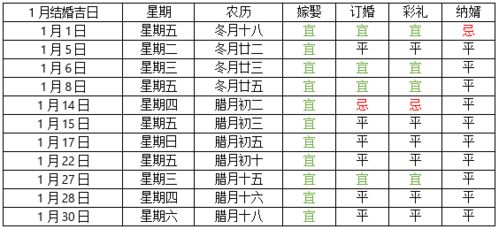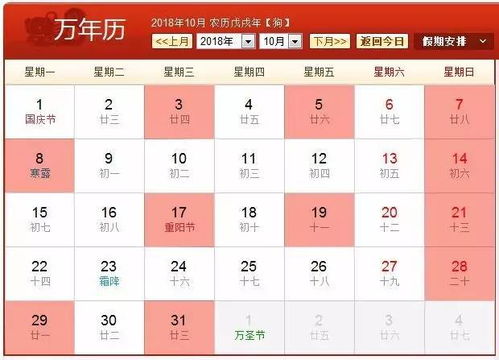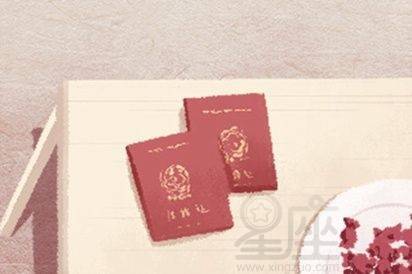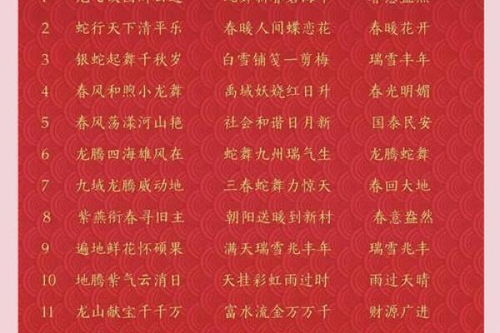结婚吉日怎么表述的呢英语:How to Express Good Marriage Date in English
When planning a wedding, selecting a "good marriage date" is often considered an important step, especially in cultures influenced by Chinese traditions. However, when communicating this concept to English-speaking friends, family, or professionals, you may wonder how to express it naturally and respectfully. Below, we’ll explore how to convey the idea of a "good marriage date" in English, along with some practical tips for using these phrases.
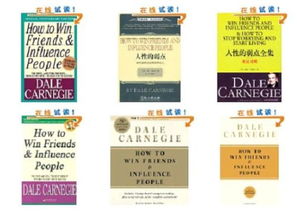
Focusing on "Auspicious Date"
In English, the term "auspicious date" is commonly used to refer to a date that is considered lucky or favorable. This phrase is widely understood and can be used in both formal and informal contexts. For example:
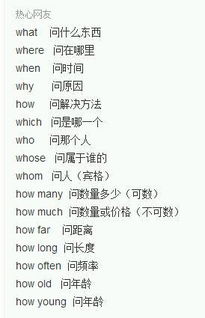
- "We’ve chosen an auspicious date for our wedding, based on traditional beliefs."
- "The wedding date was selected to be as auspicious as possible."
Using "Fortunate Date"
Another way to express the idea is by using the phrase "fortunate date." This term emphasizes that the date is seen as bringing good luck and positive outcomes. For instance:
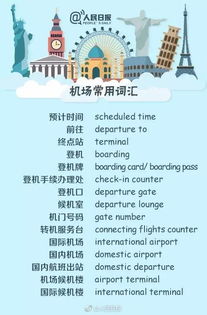
- "Our wedding is scheduled on a fortunate date, chosen to ensure a smooth and happy marriage."
- "We consulted a specialist to find the most fortunate date for our wedding."
Referring to "Lucky Date"
While "lucky date" is a simpler and more direct phrase, it is also widely understood. However, it may sound less formal than the other options. Here’s how you can use it:
- "We’ve picked a lucky date for our wedding ceremony."
- "The date we chose is considered lucky in our culture."
Contextual Phrases
Depending on the context, you might also use phrases like:
- "A date with good vibes": This is a more casual way to express the idea, especially in modern or informal settings.
- "We’re getting married on a date with good vibes."
- "A date that’s considered lucky in our family": This phrase adds a personal touch and explains the cultural or family-specific reasons behind the choice.
- "Our wedding date was chosen because it’s considered lucky in our family."
Cultural Considerations
When discussing a "good marriage date" with English speakers, it’s helpful to provide a brief explanation of the cultural significance. For example:
- "In our culture, we believe that the date of a wedding can influence the couple’s future happiness. That’s why we’ve chosen a date that is considered auspicious."
Practical Tips
- Be Respectful: When explaining the concept, be respectful of both cultures. English speakers may not be familiar with the idea of selecting a "good marriage date," so a brief explanation can help bridge any cultural gaps.
- Use Clear Language: Avoid overly complex phrases and opt for simple, clear language that is easy to understand.
- Context Matters: Depending on whether you’re talking to a close friend, a wedding planner, or a family member, the tone and choice of words may vary.
In summary, while there isn’t a single English phrase that perfectly captures the concept of "结婚吉日" (good marriage date), phrases like "auspicious date," "fortunate date," and "lucky date" can effectively convey the idea. By providing a bit of context, you can ensure that your English-speaking audience understands the significance behind your choice of wedding date.
相关文章:
文章已关闭评论!

